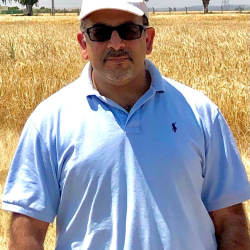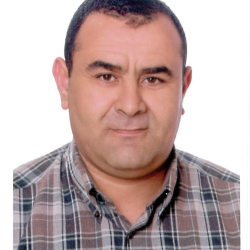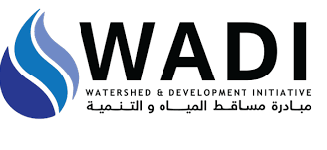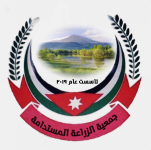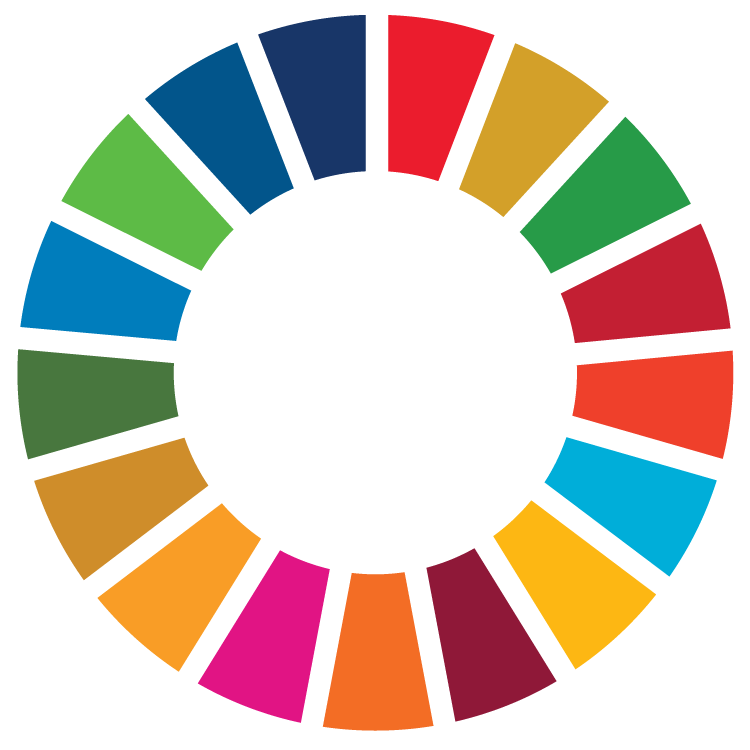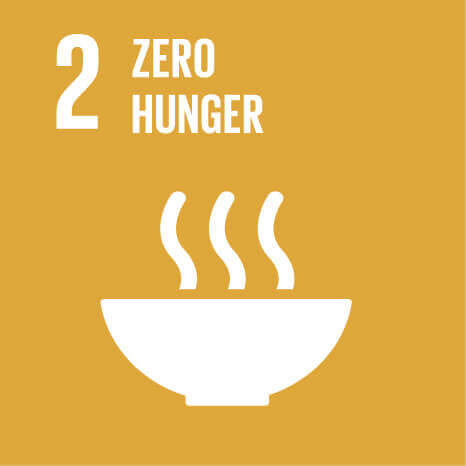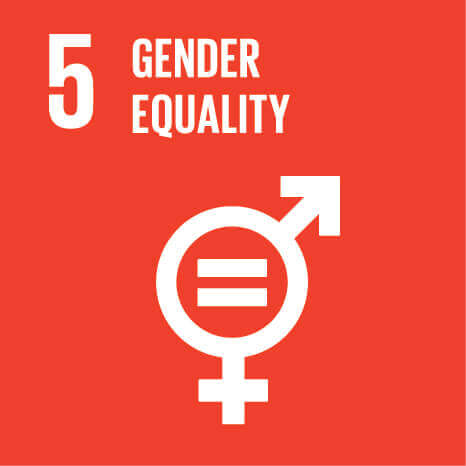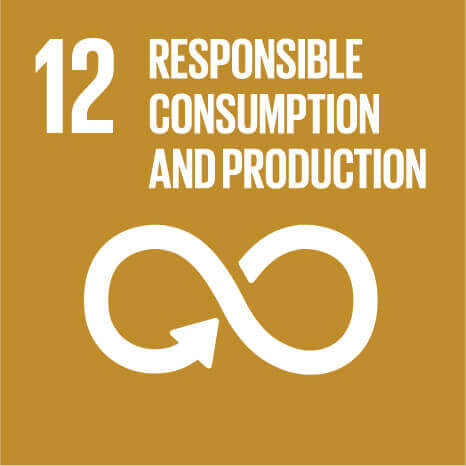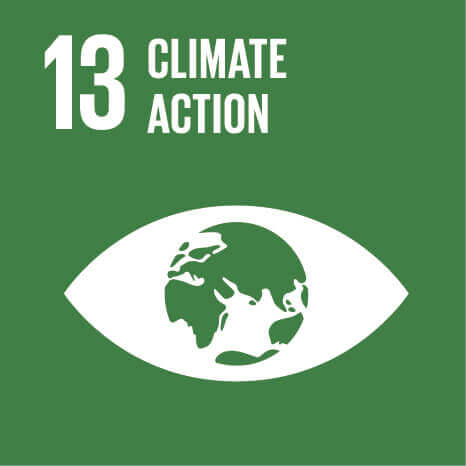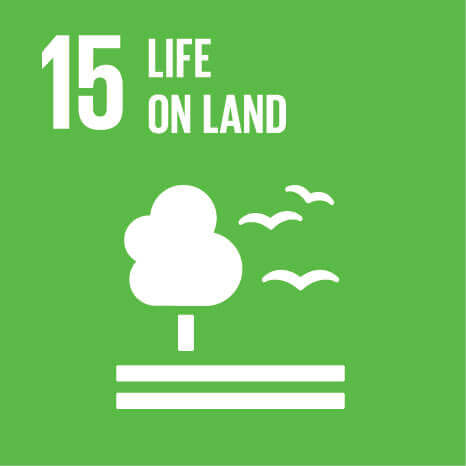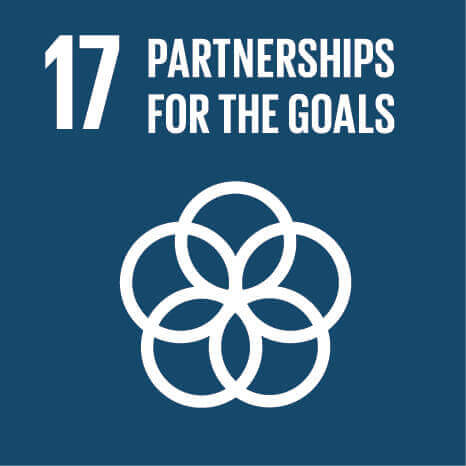NENA’s water scarcity situation affects the region’s social and economic development and increases the vulnerability to land degradation and desertification – which in turn increases the competition and risk for conflicts around the shrinking natural resources, predominately water.
Jordan is among the world’s most water scarce countries due to limited rainfall and water influxes, in combination with an increasing water demand from various sectors. Adding to that, climate change predictions point to increasing temperatures and an overall (locally varying) decline of seasonal rainfall. At the same time, the fifth Assessment Report of the Intergovernmental Panel on Climate Change (IPCC) concludes that extreme (rainfall) events will likely occur more frequently. The consequential occurrence of less frequent but heavier rainstorms may eventually lead to more frequent and severe floods, erosion, and droughts.
Whilst the extreme events are largely threatening, agricultural adaptation technologies that can tackle those challenges and even benefit from the erratic (surface) water occurrence do exist – a prominent example is Water Harvesting (WH). The technology concentrates and stores excess rainwater in defined locations for targeted utilization over time. While WH retains only a (small) fraction of the available surface water - important for e.g. boosting the ecosystem’s recovery and/or local agriculture – it can also aim to decelerate runoff and control erosion.
The project activities in Jordan focus on the interplay of the marginal dryland ecosystem (uplands) and the irrigated production system around the Jordan Valley (lowlands). The activity particularly tackles the ecohydrological rehabilitation of the largely degraded Jordan Valley’s side Wadis that are discharging towards the Jordan Valley. Mismanagement, deforestation and overgrazing have led to the degradation of the steep sloped side Wadis. Exploited vegetation and soils have limited retention functions and led to distinct surface runoff and generation of massive sediment fluxes, which negatively affects the downstream irrigated production system through e.g. siltation of reservoirs.



